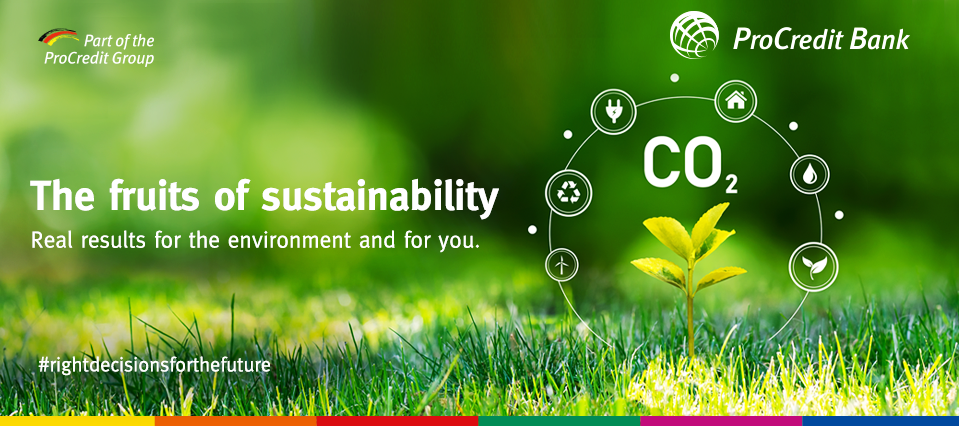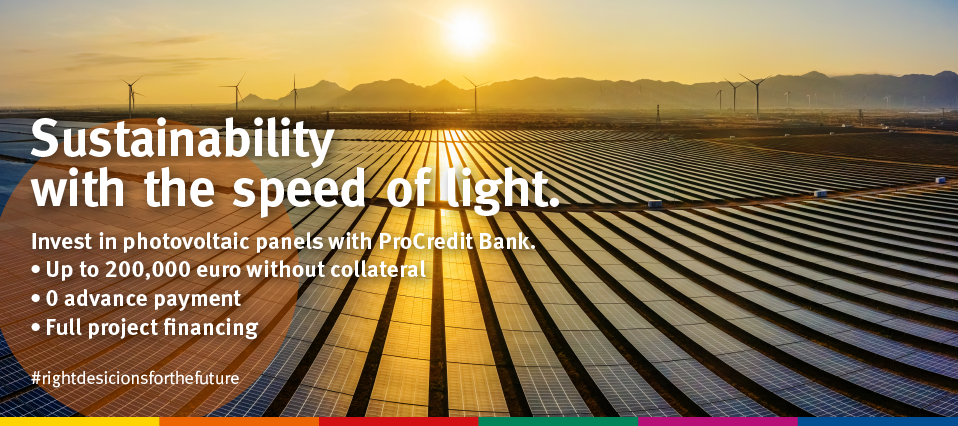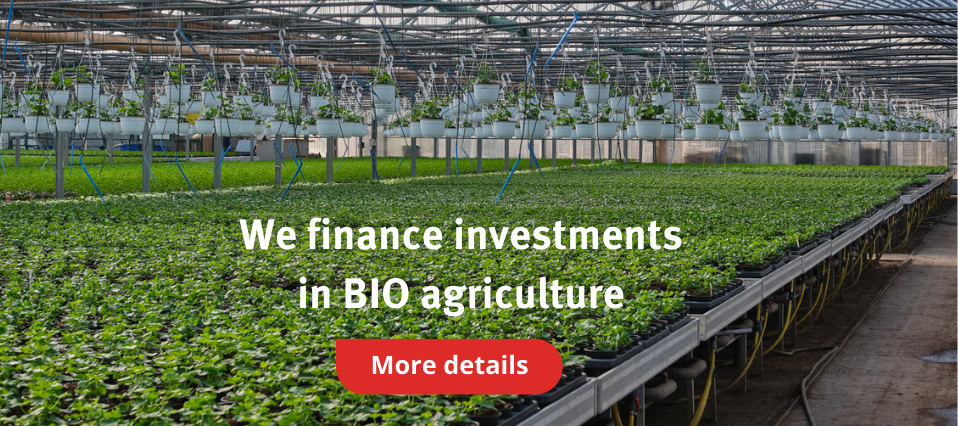Educational Information
Educational information
![]() Energy efficiency
Energy efficiency
What does energy efficiency mean?
Energy efficiency is generally based on the optimization of consumption, which involves the search for the lowest energy intensity, a "rational use of energy", through more efficient processes and means.
Energy efficiency aims to reduce the ecological, economic and social costs induced by the production, transport and consumption of energy.
The field covers efficient vehicles, economical light bulbs, improved industrial practices, better insulation of homes and buildings, and a wide range of other technologies. Because saving energy also means saving money, energy efficiency is very profitable.
![]() Renewable energy
Renewable energy
What is renewable energy?
Energy from renewable sources is also called "green energy" or "alternative energy", because it does not harm nature and the environment and does not affect the quality of life.
Along with the increase in consumption, the production of electricity also increased, thus a problem arose: the production of electricity by conventional methods (fossil fuels, nuclear) damages the environment.
In addition to conventional sources, mainly fossil fuels (coal, natural gas and oil), there are also renewable sources of energy that, in addition to the simple fact that their use does not require an additional cost, they also have the ability to self-regenerate, they do not exist in a finite quantity and are not tied to a specific geographic location.
Among the most well-known renewable energy sources are:
- Wind energy;
- Solar energy;
- Hydroelectric power;
- Tidal (wave and tidal) energy;
- Geothermal energy;
- Biomass and biofuels.
![]() Environmental protection measures
Environmental protection measures
Environmental protection measure aim to reach the following objectives: soil protection, sustainable management of water resources, reduction of energy consumption/use of alternative energies, conservation of biodiversity and creation or preservation of habitats, management of waste and plant by-products and improvement of the environment.
Environmental protection measures include activities such as:
- Reducing the amount of pollutants by using special equipment (e.g. filters);
- Modernization of production processes;
- Putting into practice the reuse, recycling and recovery of materials;
- Rational exploitation of natural resources and environmental elements (forests, agricultural areas).





